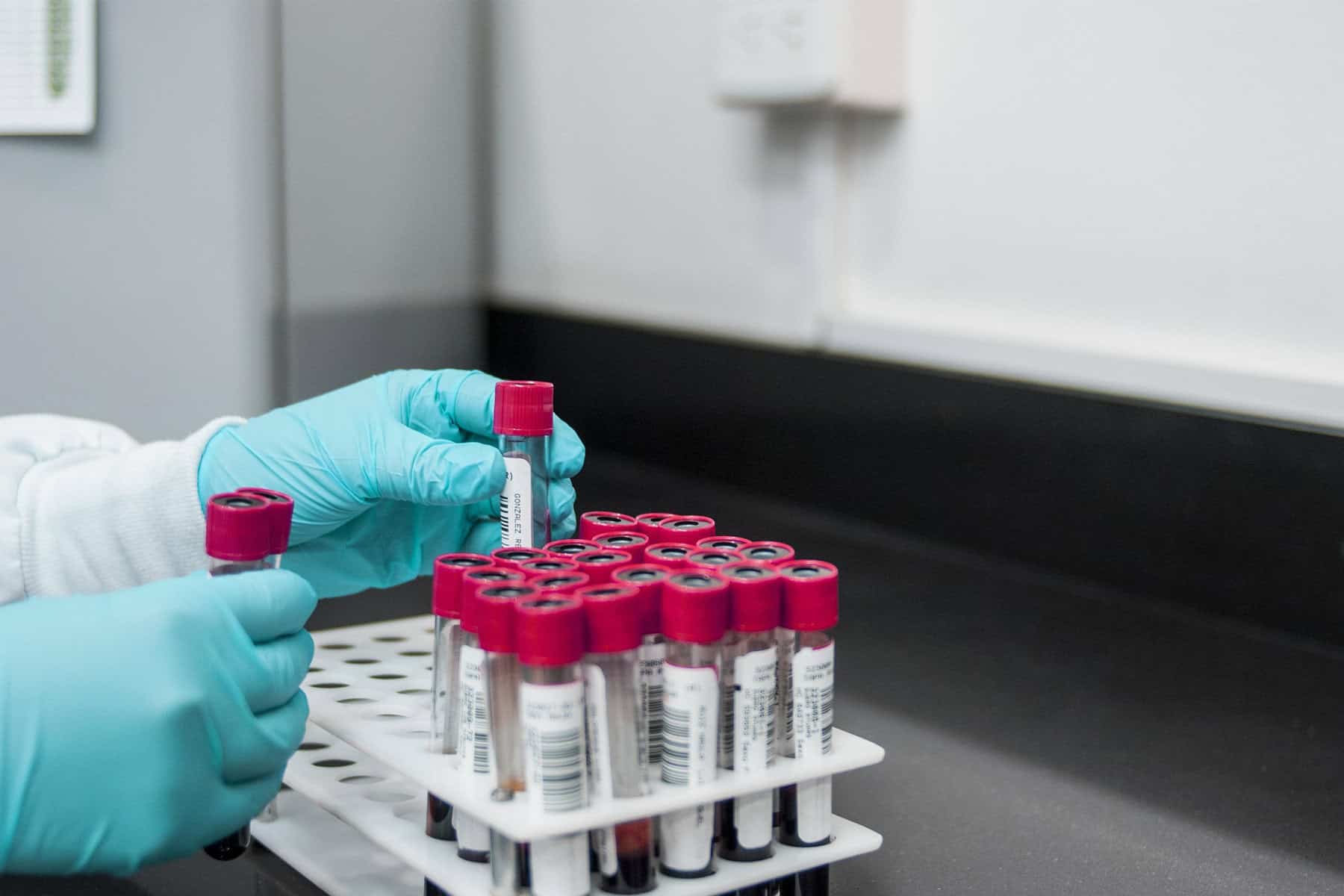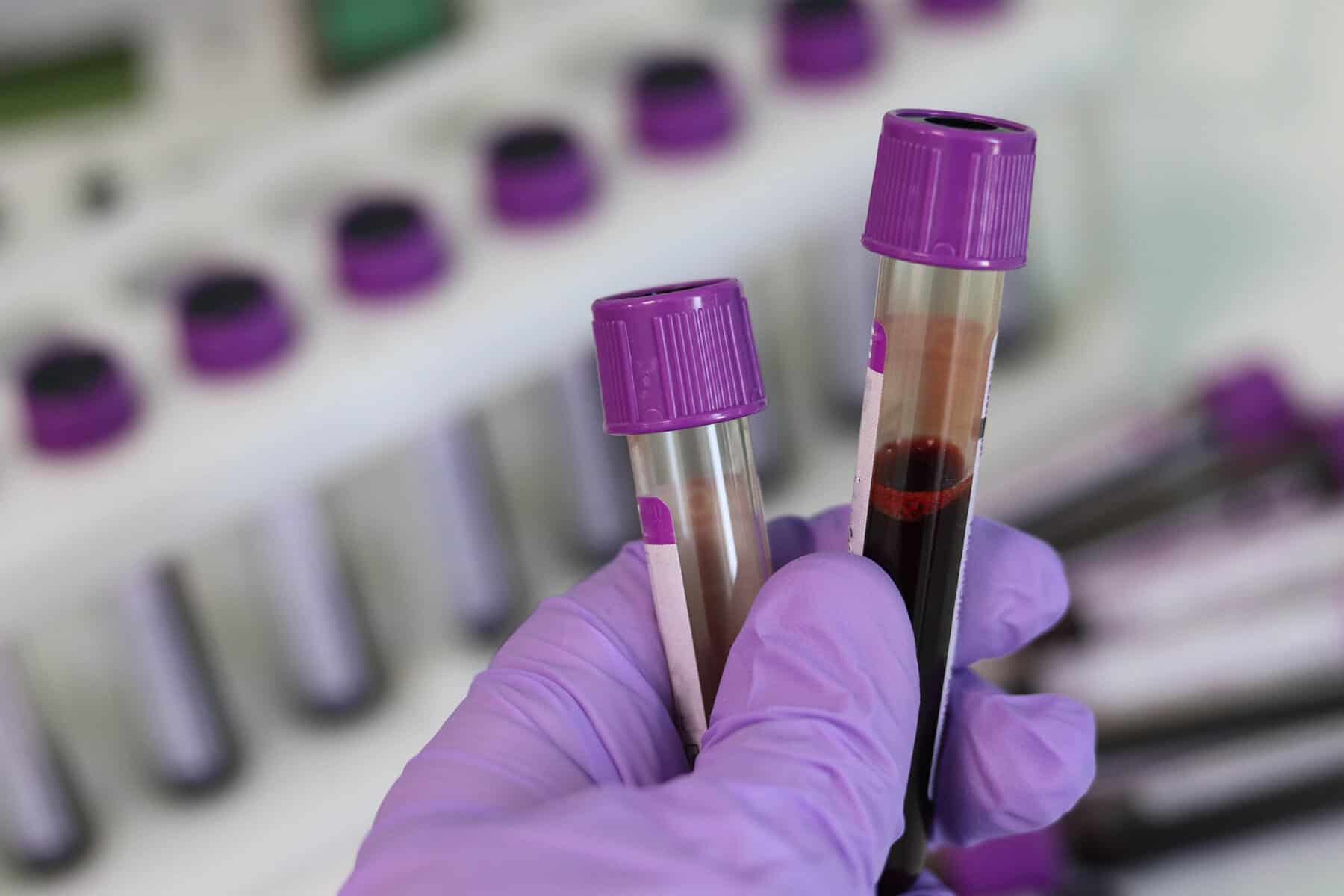Blood tests are one of the most essential diagnostic tools in healthcare, providing valuable insights into overall health and identifying potential medical conditions. They help detect infections, assess organ function, and monitor chronic diseases such as diabetes and heart disease. Regular blood tests can serve as early warning systems, allowing healthcare providers to detect and address issues before they become serious. By identifying abnormalities in the blood, these tests support timely interventions and better treatment outcomes.
Why Are Blood Tests Important?
Blood tests play a crucial role in identifying potential health concerns before symptoms appear. By analysing various components of the blood, these tests help detect infections, deficiencies, and chronic conditions at an early stage. They are also widely used to assess organ function, including the liver, kidneys, and thyroid, ensuring these vital systems are working properly.
In addition to diagnosing conditions, blood tests are essential for monitoring the effectiveness of treatments. For individuals managing conditions such as diabetes or high cholesterol, regular testing helps healthcare providers track progress and adjust treatments accordingly. Preventive health screenings, which often include routine blood tests, are key to maintaining long-term well-being. By identifying risk factors early, healthcare professionals can recommend lifestyle changes and medical interventions to help prevent serious complications.
Most Common Blood Tests and Their Purposes
Complete Blood Count (CBC)
A complete blood count (CBC) is a fundamental blood test that measures different components of the blood, including red blood cells, white blood cells, haemoglobin, haematocrit, and platelets. It provides valuable information about overall health and helps detect a range of conditions.
Doctors use CBC results to diagnose anaemia, infections, immune system disorders, and blood clotting issues. Red blood cell levels indicate how well oxygen is being transported throughout the body, while white blood cell counts help identify infections or immune-related conditions. Platelet levels are crucial for blood clotting, and abnormal values may indicate bleeding disorders. A CBC is commonly included in routine check-ups and is often the first step in diagnosing underlying health conditions.
Lipid Panel (Cholesterol Test)
A lipid panel measures cholesterol levels in the blood, assessing the risk of heart disease. It includes readings for low-density lipoprotein (LDL), often called “bad” cholesterol, high-density lipoprotein (HDL), known as “good” cholesterol, and triglycerides.
High LDL cholesterol levels can contribute to plaque buildup in arteries, increasing the risk of heart attacks and strokes. HDL cholesterol, on the other hand, helps remove excess cholesterol from the bloodstream, reducing cardiovascular risk. Triglycerides, another type of fat in the blood, can indicate an increased risk of heart disease if elevated. Regular cholesterol screenings help manage heart health by guiding lifestyle changes and, if necessary, medication.
Liver Function Tests
Liver function tests assess enzyme and protein levels in the blood to evaluate liver health. They are essential in diagnosing conditions such as hepatitis, fatty liver disease, and cirrhosis.
Key markers include alanine aminotransferase (ALT) and aspartate aminotransferase (AST), which help detect liver inflammation or damage. Bilirubin levels indicate how well the liver is processing waste, while albumin and total protein levels assess liver function and nutritional health. Liver function tests are commonly recommended for individuals with a history of alcohol use, obesity, or unexplained fatigue.
Kidney Function Tests
Kidney function tests measure creatinine and blood urea nitrogen (BUN) levels to assess how well the kidneys are filtering waste from the blood. These tests are vital for detecting kidney disease and monitoring conditions such as diabetes and high blood pressure.
Elevated creatinine or BUN levels may indicate reduced kidney function, suggesting a need for further evaluation. In cases of chronic kidney disease, regular testing helps manage the condition and prevent complications such as fluid retention and high blood pressure.
Blood Glucose Test
A blood glucose test measures sugar levels in the blood, helping to diagnose and monitor diabetes. There are different types of glucose tests, including fasting blood glucose, HbA1c, and random blood sugar tests.
Fasting blood glucose levels provide insight into how well the body regulates sugar after an overnight fast. The HbA1c test measures average blood sugar levels over the past two to three months, giving a broader picture of diabetes control. High glucose levels may indicate diabetes or prediabetes, while low levels can suggest hypoglycemia.
Thyroid Function Tests
Thyroid function tests measure thyroid-stimulating hormone (TSH), triiodothyronine (T3), and thyroxine (T4) levels to assess thyroid health. These tests help diagnose thyroid disorders such as hypothyroidism and hyperthyroidism.
Symptoms such as fatigue, weight gain or loss, mood changes, and hair thinning often prompt thyroid testing. Abnormal thyroid hormone levels can affect metabolism, energy levels, and overall health.
Electrolyte Panel
An electrolyte panel measures sodium, potassium, calcium, and chloride levels in the blood. Maintaining proper electrolyte balance is essential for nerve function, hydration, and muscle contractions.
Imbalances may result from dehydration, kidney disease, or medication side effects. Low or high sodium levels can cause confusion and fatigue, while abnormal potassium levels can affect heart function. Regular electrolyte testing ensures proper body function and prevents complications.

When Should You Get a Blood Test?
Routine Health Check-Ups
Routine blood tests are essential for monitoring overall health and detecting potential issues before symptoms appear. Doctors often recommend annual blood work as part of a comprehensive health check-up. These tests help track cholesterol, blood sugar, and organ function, ensuring early intervention when necessary.
Testing Based on Symptoms or Medical Conditions
Certain symptoms, such as unexplained fatigue, sudden weight loss, persistent pain, or frequent infections, may require blood tests. Individuals managing chronic conditions like diabetes, heart disease, or high blood pressure need regular testing to monitor their health and adjust treatments accordingly.
How to Prepare for a Blood Test
Fasting Requirements
Some blood tests, such as glucose and cholesterol tests, require fasting to ensure accurate results. Generally, fasting for 8-12 hours before the test is recommended, meaning no food or drinks except water. Your healthcare provider will provide specific instructions based on the test you are taking.
What to Expect During the Test
A blood test typically involves drawing a small sample of blood from a vein in the arm. The procedure is quick, with minimal discomfort. Most test results are available within a few days, and your doctor will review them with you.
Blood tests are an essential tool in detecting and preventing health conditions, allowing for early intervention and improved treatment outcomes. Regular screenings help assess organ function, diagnose infections, and monitor chronic diseases such as diabetes and heart disease. By scheduling routine blood tests, individuals can take control of their health and address potential issues before they become serious.
Book a blood test with The Forbury Clinic to take control of your health. Schedule an appointment today for comprehensive diagnostic testing and expert medical advice.


